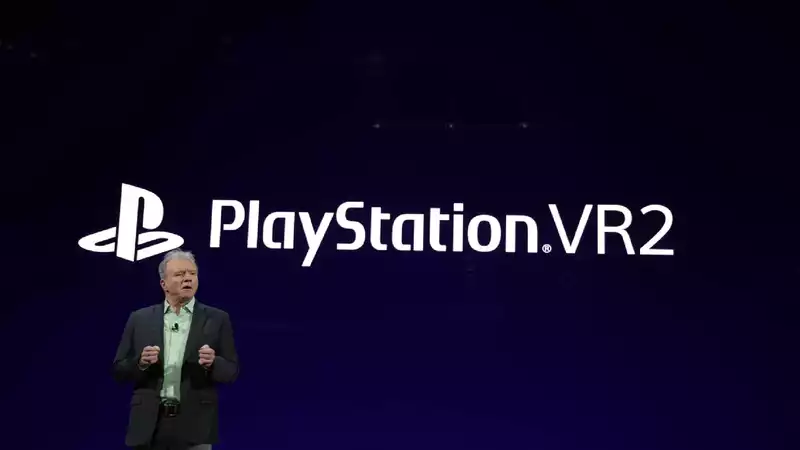At CES 2022, Sony announced PlayStation VR 2 (PSVR2), an update to the previous generation headset
There is much to expect when it comes to PS5 VR, and with PSVR 2, PlayStation gamers should expect a significant spec upgrade across the board: from the 2000 x 2040 resolution OLED screen to the built-in camera, PSVR 2 is a welcome upgrade It's a welcome upgrade Not only that, Sony is touting eye tracking with foveated rendering, HDR, built-in headset rumble, and an expanded field of view
However, the VR landscape has changed dramatically since Sony entered the VR market with the first PSVR in 2016 thanks to the ease of use and affordability of Oculus Quest 2 (now titled Meta Quest 2), VR has become more mainstream Quest 2 is game changer, and competing headsets like the Valve Index and HTC Vive Pro 2, once leaders in the field, have largely been cast aside Both have dropped down several rungs on our Best VR Headsets list In fact, the Quest 2 holds our No 1 spot, and has for some time
But the killer feature of the Quest 2 is that it is a complete stand-alone device, meaning you don't need to plug a cable into an expensive gaming PC or the hard-to-find PS5 This, along with a price starting at $200, makes it such an appealing experience that many consumers are choosing this instead of the more expensive PC-linked option Furthermore, new leaked information suggests that Meta plans to release the Oculus Quest Pro and Oculus Quest 3 within the next few months And given these dramatic shifts in the VR space, it is surprising that Sony is opting for a single-code system with PSVR 2
According to Sony's press conference earlier this week, PSVR 2 will use a single-cord tether to connect to the PS5 system This seems counterintuitive given the changes Meta has brought with Quest 2
Meta last year announced a feature called Air Link, which allows Quest 2 to connect to a PC via Wi-Fi So gamers can play the excellent "Resident Evil 4 VR" with just the Quest headset, or they can play a loaded title like "Lone Echo" (which requires a gaming PC) without the need for wires to physically connect it to a PC
As someone who has experienced VR both with and without cords, there is a tangible level of freedom afforded by being truly wireless The cord adds a slight counterweight to the VR headset and does not take it out of focus, especially when swung around during large movements Cords, regardless of their length, tend to get caught up or wrap around other furniture, which detracts from the sense of realism With Quest 2, if you have enough space, you can create a boundary large enough to walk around in more than five steps The comparison is clichéd, but it is very similar to Ready Player One
Of course, Sony may someday implement wireless capabilities in PSVR 2 But even in that case, it does not appear that it will be possible to play games independently of the PS5 At least Sony didn't suggest that at CES, which is a shame because there are plenty of lighter titles like "Beat Saber" that can provide a solid gaming experience without requiring a huge amount of computing power Requiring a nearby PS5 is a potential pain point that could lead consumers to choose Meta over PSVR And that's apart from the fact that PS5 restocks remain scarce and the system itself starts at $400
Regardless of how Sony decides to take on Meta in the ongoing VR war, it is clear that this battle will be defined by Mark Zuckerberg's terms, not PlayStation's










Comments